Kotaku's pivot from politics to game guides is a massive win for gamers. Exiting editor-in-chief signals a shift. Kotaku's reputation tanked due to controversial platforming and clickbait tactics. Editorializing on games and politics damaged their credibility. It's become a joke in the industry. Good riddance to bad journalism!
Key Takeaways 
Table of Contents
- Kotaku Drama: Recent events at Kotaku have sparked controversy, with the publisher demanding a shift away from political content towards game guides.
- Editor-in-Chief Resignation: Jen Glennon, the editor-in-chief of Kotaku, has resigned from her role amid these changes.
- Mandated Focus: The parent company has mandated Kotaku to prioritize game guides over news content.
- Reputation Damage: Kotaku's reputation has suffered due to instances of platforming unpopular opinions and questionable journalistic practices.
- Harassment Allegations: Glennon highlighted a harassment campaign against her and the site, which occurred amidst the controversy.
- Editorialization Concerns: There are concerns about Kotaku allowing editorialization and inserting narratives into their reporting, affecting their credibility in the gaming industry.
The Kotaku Controversy: A Deep Dive 
Editorial Leadership Changes 
In a surprising turn of events, Jen Glennon, the editor-in-chief of Kotaku, announced her resignation, signaling a significant shift in editorial leadership at the gaming publication. The departure follows the publisher's directive to focus more on producing game guides and less on political content, indicating a notable change in the publication's direction.
Mandated Content Shift 
The parent company's decision to prioritize game guides over news content has raised eyebrows within the gaming community. This mandated shift suggests a strategic move to cater more directly to the interests of gamers seeking practical advice and tips rather than engaging with politically charged discussions.
"It's clear that Kotaku's parent company is aiming to reposition the publication as a go-to source for gaming guides, diverting attention away from contentious political discourse."
| Pros | Cons |
|---|---|
| Provides valuable gaming guidance | Risks alienating audience interested in broader gaming discussions |
| Focuses on practical content for gamers | May sacrifice journalistic integrity for commercial interests |
Criticism and Fallout 
Reputation Erosion 
Kotaku's reputation has taken a hit due to perceived editorial missteps and controversies. Instances of platforming unpopular opinions and questionable journalistic practices have tarnished its credibility within the gaming community.
Harassment Allegations 
Glennon's mention of a harassment campaign directed towards her and the site underscores the challenges faced by Kotaku amidst these tumultuous changes. The timing of the campaign, coinciding with the publication's editorial pivot, raises questions about the motivations behind such actions.
"The allegations of harassment further compound Kotaku's already tarnished reputation, highlighting the volatile nature of online discourse within the gaming sphere."
The gaming community awaits further developments as Kotaku navigates these turbulent waters, grappling with issues of editorial integrity, content focus, and community trust.
FAQ:
-
Why did Jen Glennon resign?
- Glennon's resignation coincides with Kotaku's shift towards prioritizing game guides over political content, suggesting potential disagreements with the publisher's direction.
-
How has Kotaku's reputation been affected?
- Kotaku's reputation has suffered due to instances of controversial reporting and perceived editorial bias, leading to criticism from both within and outside the gaming community.
-
What are the implications of Kotaku's content shift?
- The move towards producing more game guides may cater to a specific segment of the gaming audience while alienating those interested in broader discussions and analyses within the gaming industry.
Conclusion:
The turmoil at Kotaku serves as a cautionary tale for gaming publications navigating the intersection of journalism, commercial interests, and community expectations. As the industry evolves, maintaining editorial integrity and fostering constructive dialogue remain paramount for building trust and credibility among gamers worldwide.
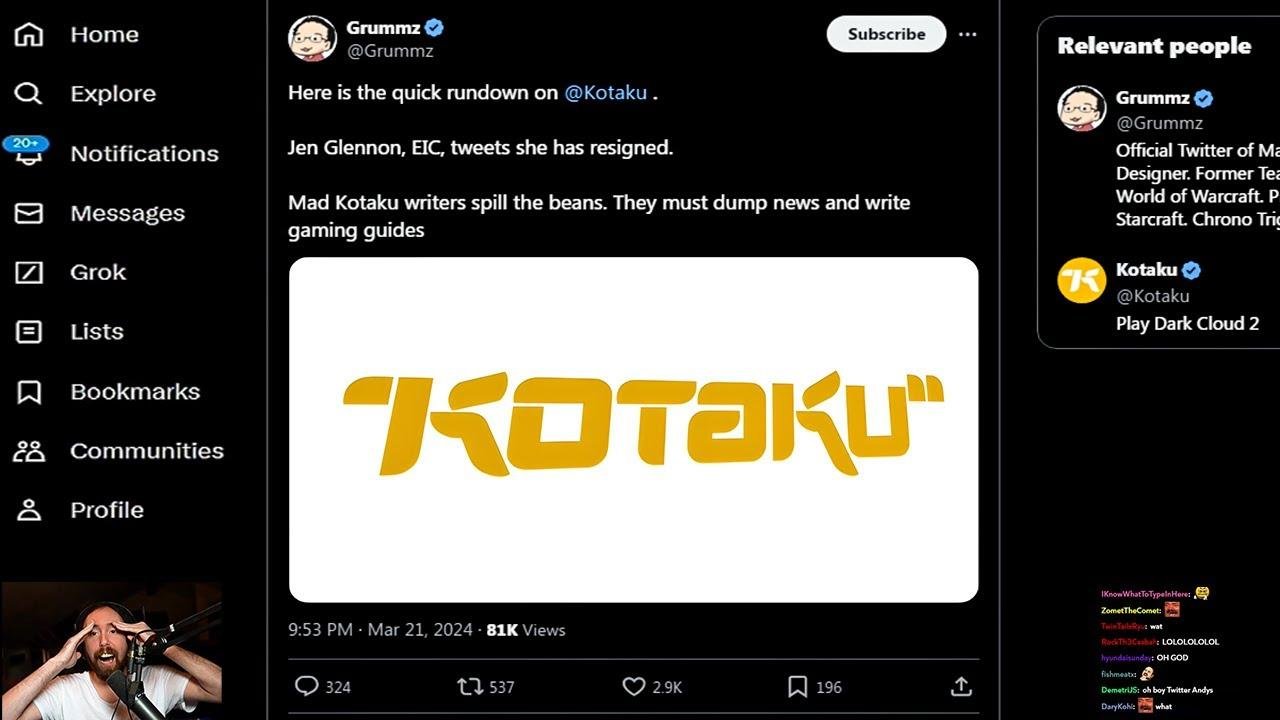

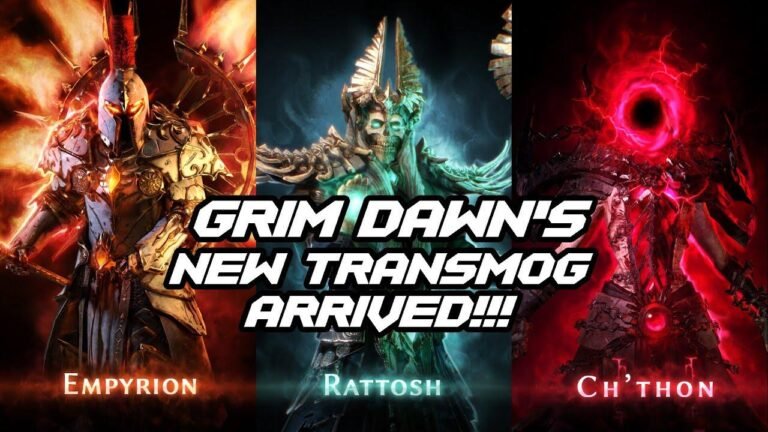
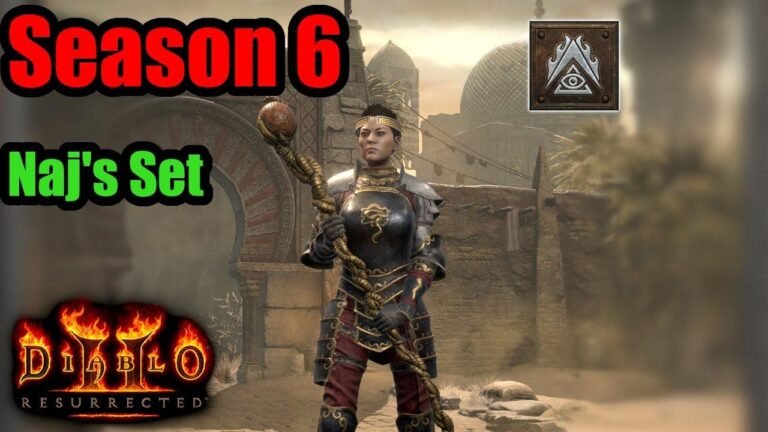

 New season, new update, let’s dive into the magic!
New season, new update, let’s dive into the magic! 
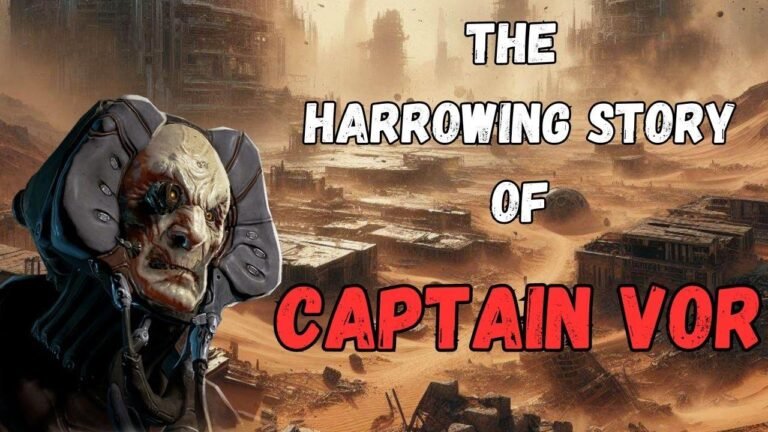
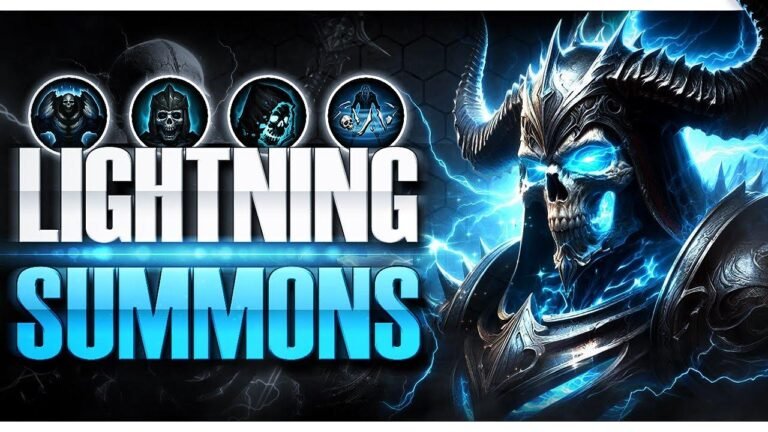
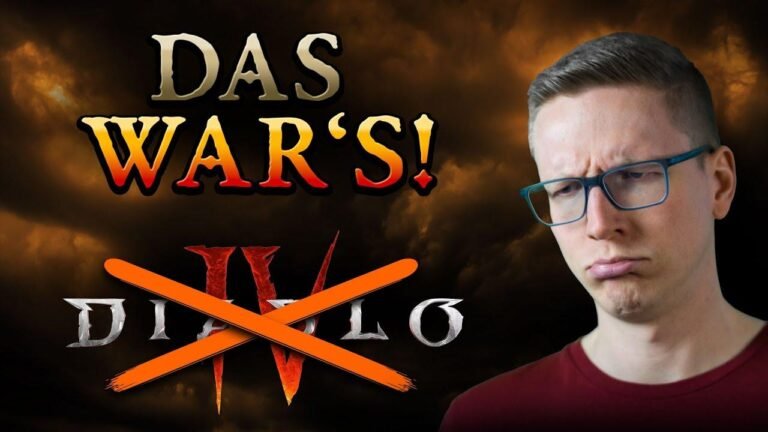
 Time to…
Time to…